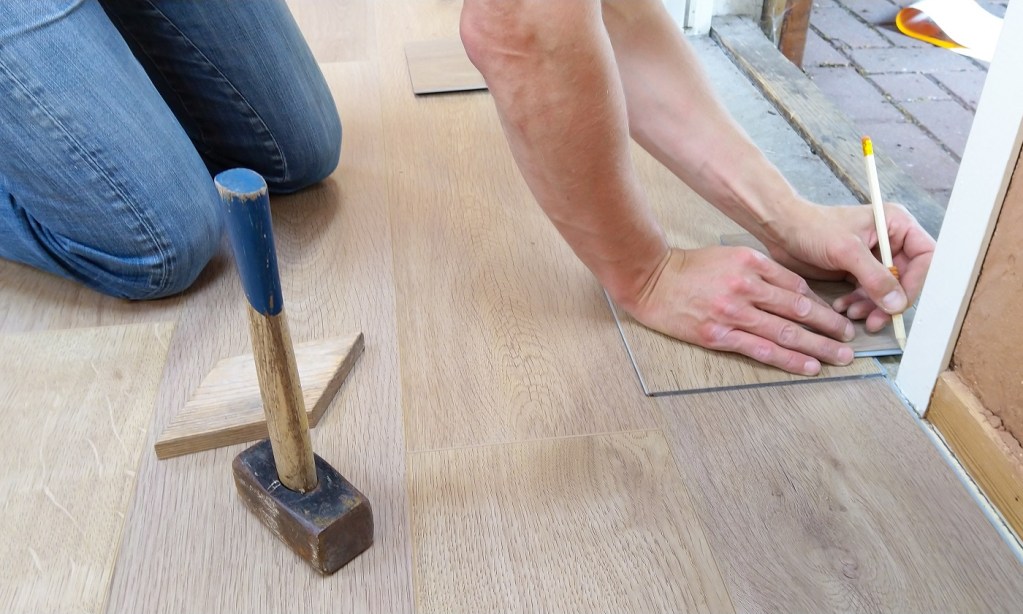Homeowners and developers appreciate the expertise of a carpenter when they want repairs or help with a brand-new project. The Bureau of Labor Statistics expects the need for skilled carpenters to remain steady in the coming decade, with more jobs added as population growth spurs building construction. This high-demand occupation is found in both residential and non-residential settings.
Carpenters who are ready to take advantage of that demand and operate their own carpentry business need the following skills to get started.
What does a carpenter do?
Carpenters are specialized in a variety of areas, and perform such tasks as cabinetry, millwork, general carpentry, remodeling, carpentry framing, rough and finish carpentry, repairs, and so on.
They work on many different building structures and add-ons, like wood foundations, doors, porches and decks, windows and skylights, and drywall installation. Others may work outdoors on bridges, highways, and exterior building structures.
Skilled carpenters, particularly ones who run their own businesses, should be very knowledgeable about building and state codes around building materials, structures, and design engineering.
Since carpentry jobs vary so widely, specific on-the-job skills also vary depending on the chosen specialty. But in general, carpenters need to be comfortable measuring and cutting wood, working with power tools, reading blueprints, and building wooden structures.
Training & certification
Experienced carpenters who spend many years reporting to someone else may be ready to forge ahead with their own business. Or, early-career carpenters may want to dive right into working for themselves. Both types of professionals need to ensure they have the right training, licensing, and certifications to go solo or hire others.
Newer carpenters often first learn the trade by working as an apprentice alongside a more skilled professional. Apprenticeship is also a requirement in some states for carpentry certification. It’s a practical way to quickly augment your skillset and gain practical experience that will translate well into successful projects in the future.
States have their own licensing, certification, insurance, and exam requirements for professional carpenters or general contractors. These cover knowledge in a variety of areas and help ensure compliance with regulations.
Check your state’s individual contracting requirements to determine what documentation and training need to be in place before you open your business and the type of carpentry that’s covered.

Business planning
Savvy business skills go hand-in-hand with practical expertise when operating your own carpentry practice. Both amateur and skilled carpenters need a solid grasp of how business works to succeed as a solo practitioner or manage their own company. And those just starting out would be wise to create a business plan before putting any money or time into their new company.
You should take time to research the market in your area, any competitors, typical pricing, etc. Other considerations such as budgeting, marketing, employee management, material procurement, seasonal planning, customer development, and project management all play into a good business plan.
Carpenters who lack experience in business planning may access resources online or a how-to book to structure their business plan before they launch their practice. They may also sit down with an accountant or business owner with experience in the construction market to get more information.
Corporate management
Anyone running their own carpentry business needs general corporate management skills or should be able to hire consultants who can assist with business licensing, tax filing, employee benefits, workplace insurance, regulatory compliance, and more.
Client management
Artisanal or engineering trades like carpentry may appear to be a good career choice for introverts, but a successful carpentry business also relies on excellent customer service, marketing, and client management.
Customer service is an essential aspect of maintaining and growing a business. Soft skills like listening and responsiveness go a long way, as does efficient time management and a dedication to quality that satisfies clients and encourages repeat business.
Being able to promote yourself and your carpentry brand is another soft skill that should be developed. Carpenters who need to locate their own clients can’t depend on someone else to market the business.

Other helpful skills
Carpenters, particularly those who are opening their own business, should ensure they develop and maintain the following skills for success in their careers:
- Manual dexterity for operating machinery and working with materials
- Physical strength and stamina to lift heavy items and work through the day
- Problem-solving and math skills to deliver a work product in a challenging space
- Attention to detail to successfully measure and juggle several variables at once
By making sure that you have the necessary skills needed, you’ll be one step closer to starting your carpentry business and getting on the road to success.



